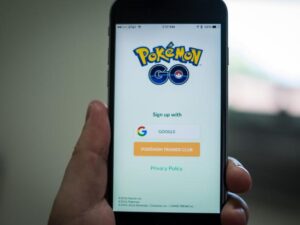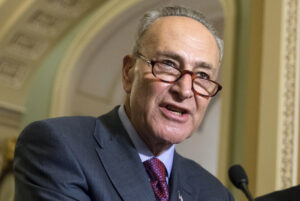
Mobile, social, and online media increasingly are connected to out of home (OOH) advertising. This connection helps consumers get information matching their interests and helps advertisers to target messages.
The OOH industry also respects privacy.
OAAA has taken steps to ensure the responsible use of data:
- At the OAAA Board meeting April 18, Chairman Bill Reagan (Reagan Outdoor Advertising) appointed an OOH industry task force on privacy. Its make-up includes experts in technology, law, and public affairs.
- This task force forged an industry position, supporting self-regulation. OAAA joined the advertising industry’s self-regulatory group on privacy, the Digital Advertising Alliance (DAA), a cross-industry program that establishes and enforces responsible privacy practices. Learn more in Billboard Insider.
OAAA now has a seat at the table at the ad-industry forum that deals with privacy. To be clear, we do not expect nor are we asking the DAA to regulate OOH advertising.
OAAA updated its Industry Code of Principles to address privacy:
“We support responsible use of data for advertising purposes. We recognize that mobile phone and digital technology bring benefits to consumers seeking information, way-finding, entertainment, and connection to others. Increasingly, mobile-social-and-online media are connected to OOH advertising. We encourage member companies to work with suppliers that provide appropriate notice and control for the collection of precise location data from mobile phone devices used for advertising purposes. Anticipating technological changes, OAAA will continue to monitor developments in this area.”
All stakeholders agree that privacy issues will evolve. The OOH industry is positioned to respond to future privacy questions as technology brings new opportunities to make advertising more efficient and effective.

The debate du jour is the virtual reality Pokémon Go game. Is it a fun way to bring people together, or does it raise privacy concerns?
The privacy debate touches virtually every aspect of commerce (drones, anti-crash equipment in vehicles, and so on).
Any honest assessment of the privacy issue leads to the conclusion that OOH advertising is a small part of data analytics. Some OOH companies are buying aggregated data from third-party suppliers to help advertisers reach target audiences.
We have been asked – rightly so – if we balance the use of data with a respect for privacy. Two US Senators have raised privacy questions specific to billboards. They sought and received assurances that billboards are not tracking individuals.
On May 1, Sen. Chuck Schumer (D-NY) wondered if billboards are “spying” on people.
Spying is a strong, attention-getting verb. In retrospect, however, I appreciate Sen. Schumer raising the privacy issue.

The OOH industry has a sound, solid position. By July, the senator told us that he was convinced that billboards are not invading personal privacy.
Sen. Schumer, who supports advertising as a home-state industry, also offered a friendly note of caution: beware of rogues who might violate privacy. Point well taken.
On a broader level, the OOH advertising industry has long experience with regulation (spacing, lighting, permitting, valuation and taxation, zoning, and compensation for loss). Our history teaches us that we are stronger and more relevant with reasonable regulation and self-regulation.
Developing a responsible standard on privacy is the latest chapter in the OOH industry’s long history of self-regulation.
Download the PDFPublished: August 2, 2016